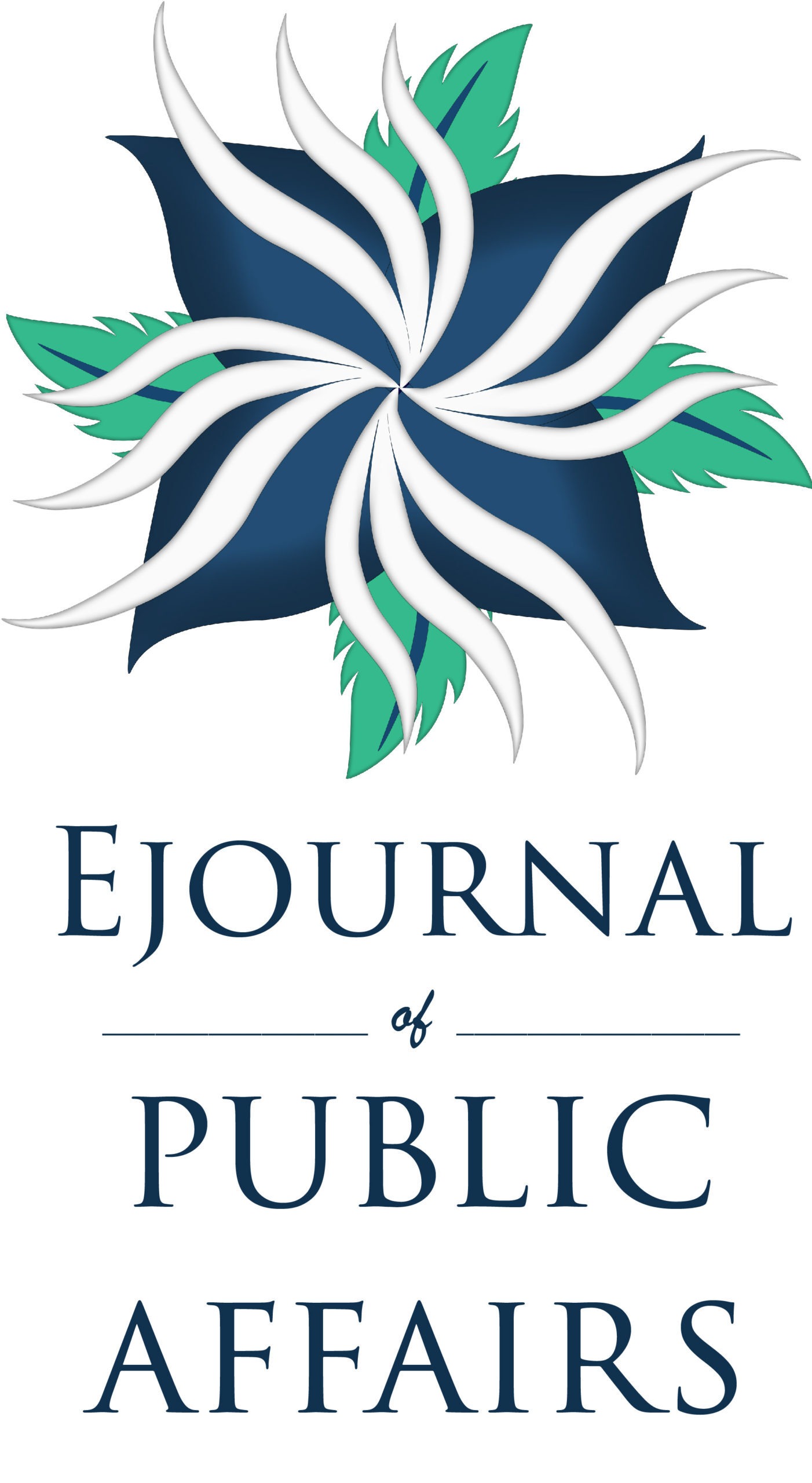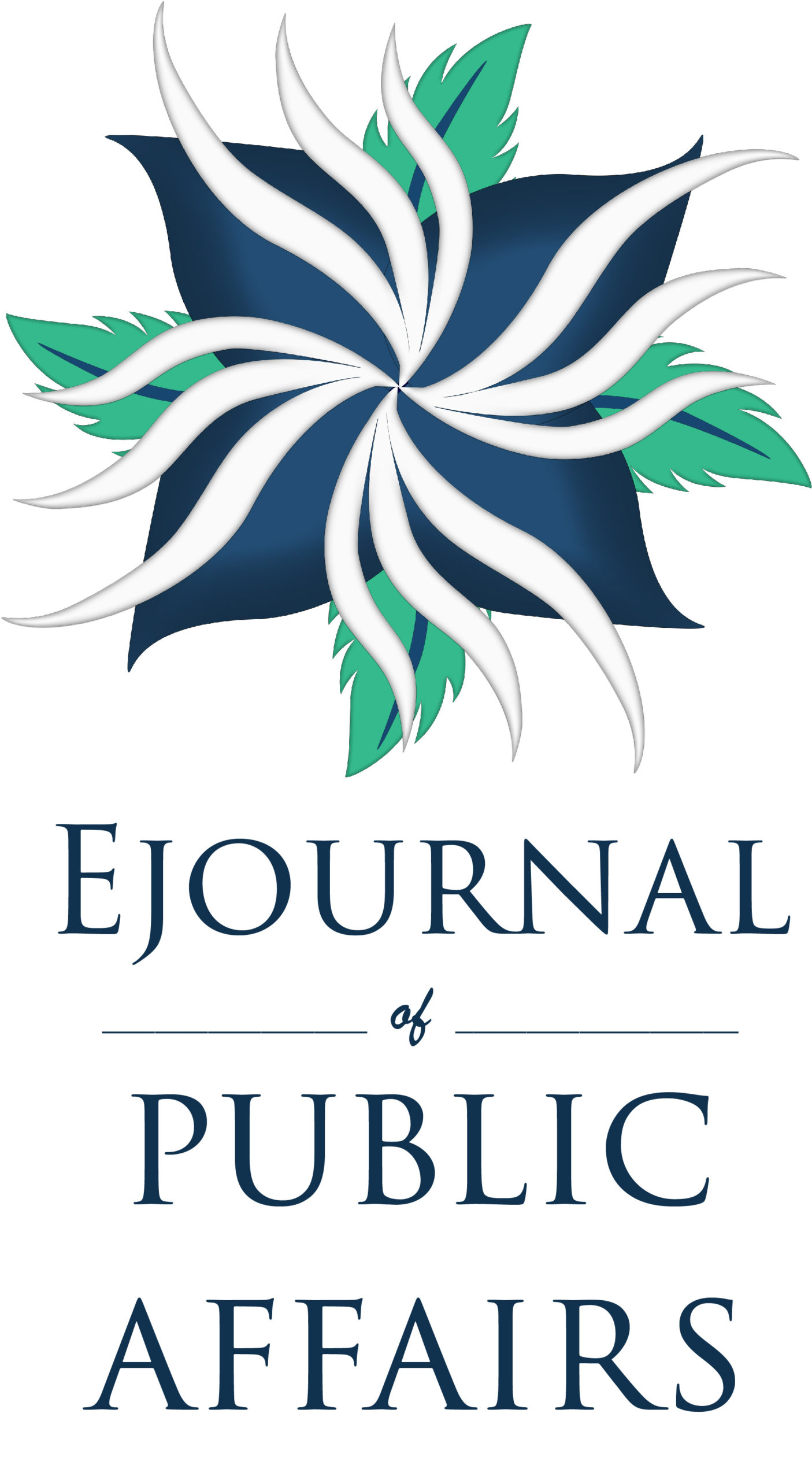The American Democracy Project (ADP), housed at the American Association of State College and Universities (AASCU), aims to help institutions produce college and university graduates who are equipped with the knowledge, skills, attitudes, and experiences they need to be informed and engaged members of their communities. ADP integrates reciprocity, co-design, attentive listening, and mutual respect into all of our programming thanks to the ongoing guidance and thought leadership provided by the ADP Steering Committee and Civic Fellows. Through programming that encourages professional development and collaboration, ADP focuses on integrating curricular and student life experiences, promoting civic agency, developing civic- and equity-minded pedagogies, and fostering experiential and community-based learning.
If you are looking to become involved in our work, join us at the annual Civic Learning and Democratic Engagement (CLDE) Meeting, where faculty, staff, students, and administrators have opportunities to share civic engagement strategies and collaborate with colleagues. Our theme for the 2022 CLDE Meeting is “Equity and Democracy,” and our in-person conference will be held in Minneapolis, Minnesota, from June 21–24, 2022. (Explore the call for proposals now; registration details and more information will be released on our website as it becomes available.)
Beyond CLDE, there are many ways to become involved in ADP. This year, we are hosting a series of Global Literacy Talks, allowing students and faculty to join in conversation about impactful topics. In addition, during these pandemic years, ADP has committed to developing, sustaining, and nurturing multiple communities of practice (CoPs) and ensuring that the valuable insights gleaned by CoPs are accessible to the wider community. The following are initiatives supported by ADP’s use of CoPs:
- The Global Civic Literacy cohort project offers faculty and staff the unique opportunity to provide an engaging and accessible pathway for students to build global civic literacy using resources from World101 from the Council on Foreign Relations.
- Re-Imagining Campus-Community Partnerships gives institutions the unique opportunity to use tools provided by Collaboratory to collaborate and deepen their understanding of community engagement.
- The Economic Literacy Project is an ADP initiative in partnership with Up to Us, designed to help students increase their knowledge of the U.S. national debt, fiscal policy, and overall financial literacy.
- Faculty and staff launched the Deliberative Dialogue Institute to train ADP members in creating and deploying deliberative dialogues on their campuses. This year, the institute has trained over 70 ADP faculty, staff, and students.
- A group of faculty joined forces to create an Educational Tech Showcase to discuss strategies for navigating technology options, explore educational pedagogies, and share best practices.
- We look forward to re-launching Stewardship of Public Lands early next year as a virtual cohort experience and then meeting in person at a national park in 2023.
The World101 Toolkit demonstrates the impressive outcomes that can result from these focused and energized CoPs. The Georgia Caucus, too, collaborated and generated the practical ADP Coordinators Guide for our campuses to use as they foster institutional support for civic engagement.
I look forward to continuing to share the work that our campuses are doing and to finding more ways to encourage civic engagement in higher education and beyond. Please reach out to me (Cathy Copeland, director of ADP) to be added to our ADP newsletter list or with any questions. You can schedule a meeting via Calendly or send me an email.
Author
 Cathy Copeland is the director of the American Democracy Project, which supports AASCU member campuses in programming to encourage students to be informed, engaged citizens for our democracy. Prior to AASCU, Copeland taught for more than 15 years at various institutions of higher education where she taught rhetoric, communication, and a series of transdisciplinary courses that encouraged students to use innovative research methods to tackle real-world problems such as the 2020 Census; human trafficking; the 2020 elections; food insecurity; and local, state, and national diplomatic and defense issues. She earned an M.A. in English Literature from Indiana University-Purdue University at Indianapolis and a B.A. in biology from Hanover College. She also completed doctoral coursework in Renaissance Literature at the University of Alabama.
Cathy Copeland is the director of the American Democracy Project, which supports AASCU member campuses in programming to encourage students to be informed, engaged citizens for our democracy. Prior to AASCU, Copeland taught for more than 15 years at various institutions of higher education where she taught rhetoric, communication, and a series of transdisciplinary courses that encouraged students to use innovative research methods to tackle real-world problems such as the 2020 Census; human trafficking; the 2020 elections; food insecurity; and local, state, and national diplomatic and defense issues. She earned an M.A. in English Literature from Indiana University-Purdue University at Indianapolis and a B.A. in biology from Hanover College. She also completed doctoral coursework in Renaissance Literature at the University of Alabama.

